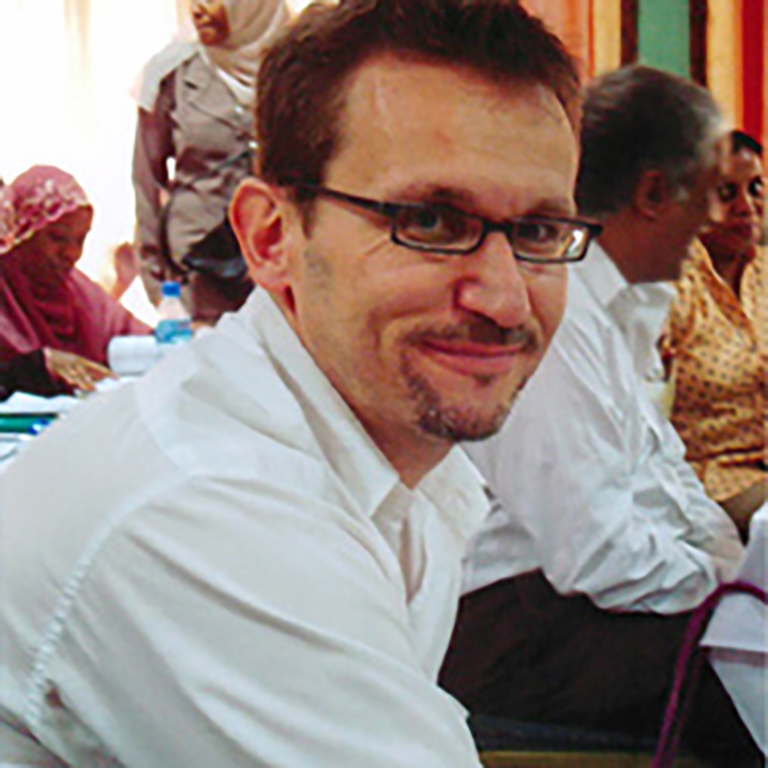- Ph.D., University of London
- B.A., University of Cape Town

Pedro Machado
Associate Professor, History

Associate Professor, History
Having been born and raised in Cape Town (South Africa), I was influenced by its histories of anti-apartheid struggle and especially its connections to the Atlantic and Indian Oceans that developed with greater intensity from the sixteenth and seventeenth centuries. The intertwined pasts of Indian Ocean areas and regions in particular stimulated the development of my intellectual interests as an academic, resulting in my training as a world and global historian of the connections across this oceanic space between Africa and South Asia. In particular, I research and write about the intersecting histories of western India and southeastern Africa in the eighteenth and nineteenth centuries, and about how these histories were mediated by particular social and commercial networks of South Asian merchant groups. Central to my research interests have been identifying how local, self-sustaining capitalists structured exchange fuelled by reciprocal consumer demand across the western reaches of the ocean at a time, from the 1750s, of growing and competing imperial interests for control over the global commerce of the Indian Ocean.
My first book, Ocean of Trade thus examined the multiple dynamics of Vāniyās, South Asian merchants with network headquarters in Diu and Daman in Gujarat in western India, in connecting local and regional commercial systems in South Asia, and East and Southeast Africa with rapidly intensifying global systems of material, social and cultural exchange from the mid-eighteenth to the first half of the nineteenth centuries. The book argued that the entanglements of peoples in these two regions deepened during these years and was mediated in critical ways by Vāniyās as they reoriented and consolidated new commercial frontiers along the ocean’s southwest littoral and interior. This was as much a reflection of the self-sustaining capacity of these networks as it was of the integrated nature of consumer markets on both sides of the Indian Ocean that resulted in exchanges of large shipments of South Asian cotton cloths, and African slaves and ivory. I am currently involved in a major cross-disciplinary international research project (comprised of scholars from the United States, Japan and Australia) on the histories of the pearl fisheries of the Indian Ocean. Pearling has long been an important maritime and commercial activity for societies from the Gulf and Red Sea to the Indonesian and South China Sea waters and the project combines an object- and commodity-based approach with environmental, historical, anthropological and ethnographic research to uncover the linkages between the ocean’s pearling pasts. Currently, I am also at work on a second book project on the history of eucalyptus within the Portuguese Empire’s Atlantic and Indian Ocean spheres. I am interested especially in the influence of colonial forestry officials in developing and promoting eucalypt growing as an imperial and colonial strategy with far-reaching commercial, industrial and environmental effects.